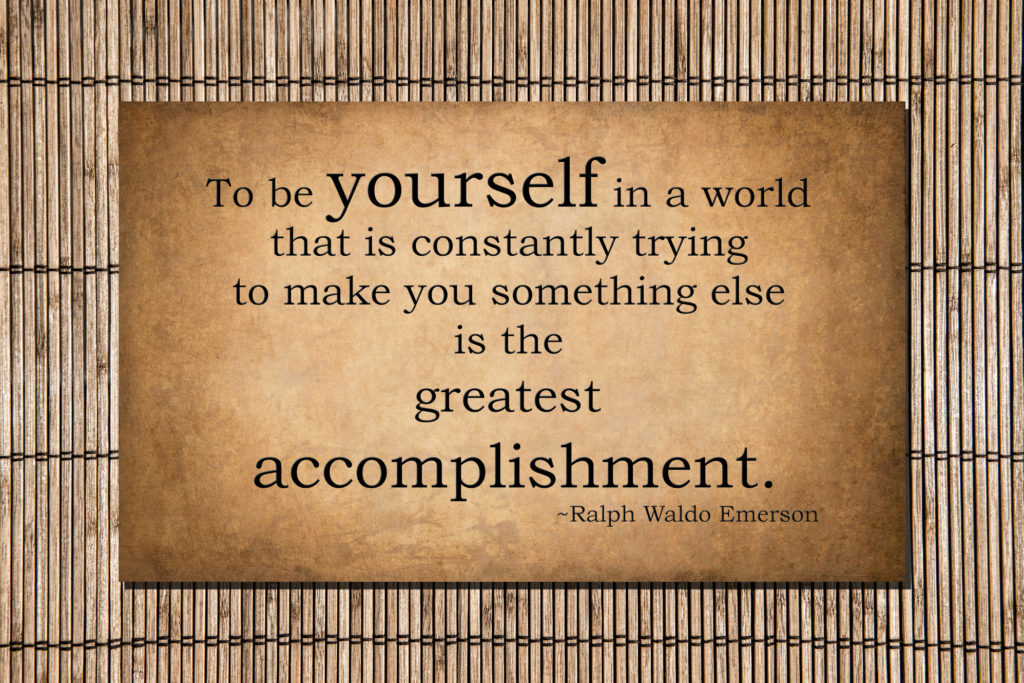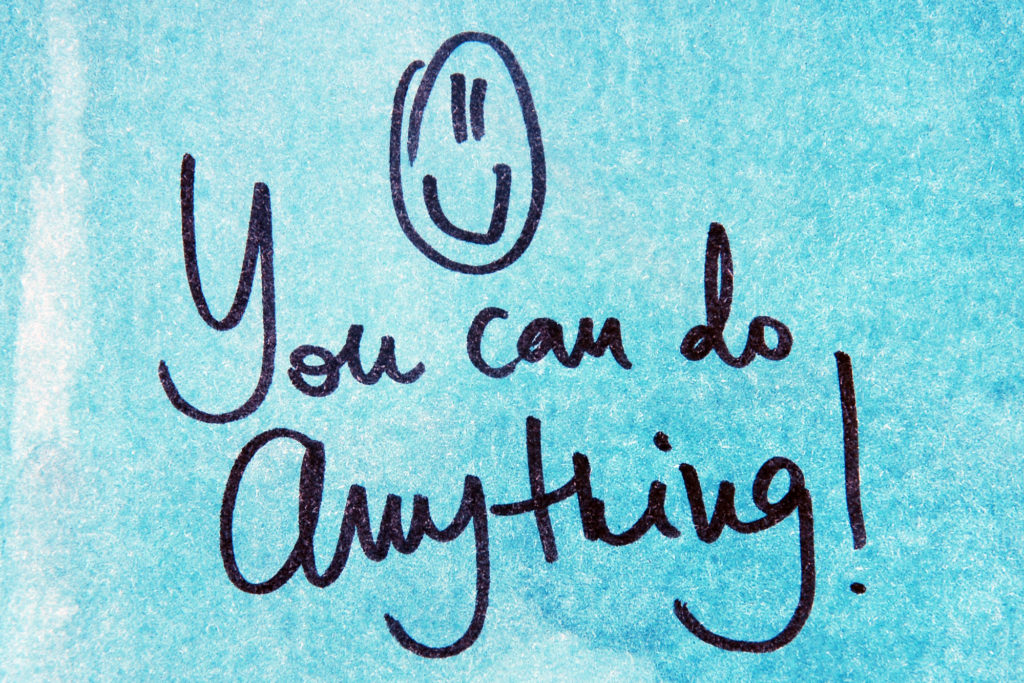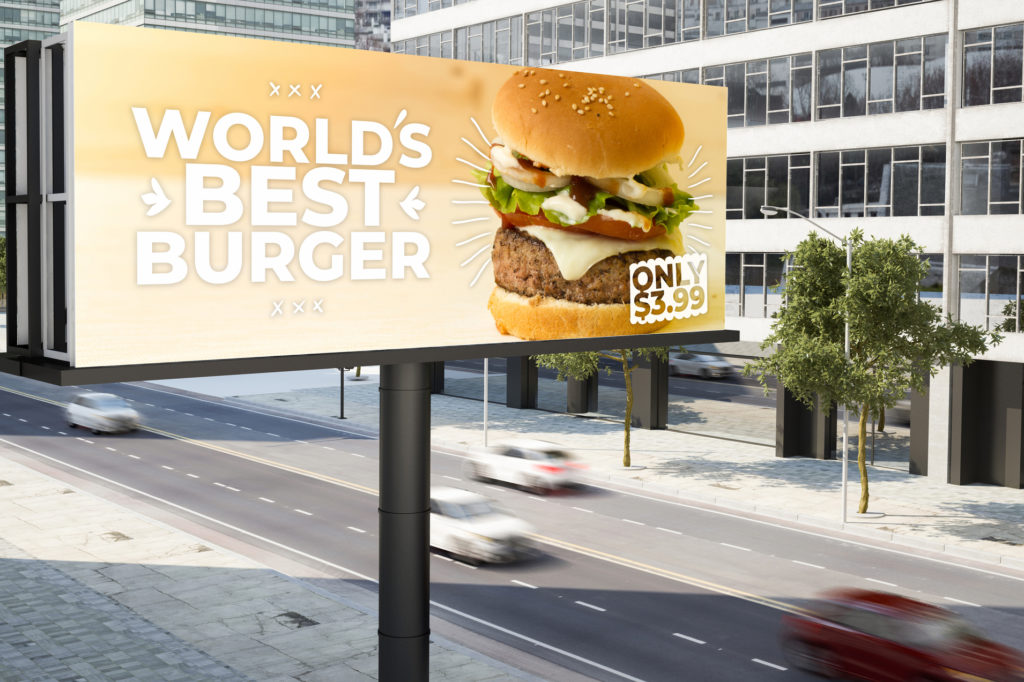As an individual with an invisible illness such as autoimmune disease or chronic pain, you have likely experienced stigma around your chronic illness. This stigma might show up in the way doctors work with you, the way family and friends relate to you, and how coworkers or colleagues perceive you. Over time, this stigma may also impact how you see yourself. If this is the case, could this stigma be holding you back in your life and business? If so, learn the lessons below, and like a caterpillar emerging from a cocoon, you can begin to emerge from the stigma around chronic illness.
In this three-part series, I’ll discuss three different types of stigma and share what actions you can take to begin to let go of the stigma around your chronic illness. When you take these actions, you are building the foundation of awareness and self-acceptance, so you can live the life you are meant to live.
Before we talk about the types of stigma and the impact of how stigma might be holding us back, it’s important that we understand what limitations are and how stigma might impact how we relate to our limitations.
Understanding the Two Types of True Limitations

Limitations. We all have them! Some of these limitations might be limitations of our mind, such as a fear of speaking on stage. These are not true limitations and are not part of this conversation. True limitations are the direct or indirect result of your chronic illness or chronic pain. They relate to any action or activity that has a negative consequence on your wellbeing, your ability to manage your business, or how you show up for your family or loved ones.
True limitations are those limitations, which if you did not have an autoimmune disorder or chronic pain, would not be a part of your life.
Direct Versus Indirect Limitations
Direct limitations are based on activities you simply cannot perform, such as being able to lift your arms or turn your head to the left. They might also come in the form of environmental factors which inhibit your ability perform an activity, such as having a severe medical reaction to a fragrance or type of food.
Indirect limitations are limitations around activities which you can perform to some extent or for a limited time, but still result in negative consequences to your wellbeing if not closely monitored and managed.
Samples of Indirect Limitations

In this first scenario, you help with household chores (fill in the ‘what’ with any activity that comes to mind) and as a result, have an increased amount of physical pain. This pain impacts your ability to concentrate on your work. Your pain might even impact how you are relating with family members. The pain impacts the quality of your sleep and the next day you are even more fatigued. Everything is a bit more of a struggle. You know you are not at your best when it comes to cognitive skills. You do your best to put a smile on your face, but the underlying pain and fatigue are there, at every move, the entire day.
Let’s look at another scenario. You love your work and you want to do your absolute best for your clients. You are so involved with a project, that four hours pass quickly. Later that evening or the next day, your fatigue level greatly increases, you begin experiencing other autoimmune symptoms, such as poor balance, cognitive slowness, etc. You’re happy with the work you did for your client, but you have minimal energy left for your family, yet alone for yourself. You may not even connect the dots between your work and your symptoms. You simply continue to work through the ebbs and flow of your fatigue and pain levels.
The Tendency to Push Through Our Limitations
If either of these scenarios resonate with you, do you find that you tend to push through the activity? If so, you are not alone. I see this tendency time and time again, and have certainly pushed through my own limitations, to my own undoing.
Now that we’ve discussed the types of limitations, let’s talk about why we might not honor these limitations, even when it’s clearly to our benefit to do so.
The Importance of Awareness and Acceptance of Our Chronic Illness Limitations

When we do not honor our true limitations around our chronic illness, we lack the ability to find the appropriate means to work around these limitations so that we can reach our full potential. We get stuck in the self-limiting belief that we are our illness. These self-limiting beliefs then hold us back more than our actual limitations.
Why don’t we honor our limitations?
We don’t honor our limitations because quite simply, we lack awareness of our limitations. If we are aware, we struggle to accept these limitations.
Why do we lack awareness and struggle to accept our limitations? To understand our struggles with awareness and acceptance, we need to look at how stigma impacts our way of thinking and behaving, and how this same stigma impacts how others might perceive our limitations.
We’ll start by looking at how societal and cultural norms play a role in stigma. In part 2, we’ll focus on stigma from others. In part 3, we’ll talk about the stigma we project on ourselves through our own self-talk.

3 Ways Societal & Cultural Norms Encourage Stigma Around Autoimmune Disease and Chronic Pain
I believe societal and cultural norms play a significant role in why we struggle to accept, and therefore better adapt to our limitations. We live in what I call an “I CAN” society. I can hustle. I can do anything. I can have and be everything. The result? We fail to be true to ourselves, to live in alignment, and to make decisions that support our well-being. We fall victim to trying to achieve the norm, when, we can do so much better.
Let’s look at three ways our culture encourages us to say ‘I CAN’ when ‘I CAN’ does not serve us.
1. A Culture of Hustle

In a culture of hustle, hustle, hustle, we have yet as a society to truly embrace the concept that we are enough, that long hours, a large bank account and our belongings do not define us. So, we strive to achieve. We strive for more. Always more. After the elusive dream of the perfect life. Of being more. Of being better.
As a result, too many of us are focused on the external ‘things’ and not focused enough on our internal being. As a society, we lack inner peace that can only come from knowing who we are, practicing self-compassion and accepting and loving who we are. This culture of hustle, of always being on the go, creates unrealistic expectations of us and results in stigma around autoimmune disease and other chronic illnesses.
In the constant reach for more, we are not attuned to our own needs. With little quiet time, we lack the awareness of who we truly are and of our deepest needs.
2. A Running Commentary of Inspiration Porn

Inspirational quotes and memes flood our social media feeds. Try harder, you can do this. If this individual with this visible illness can do this, so can you. No excuses. Mind over body. Motivation. Push yourself, you are weak if you don’t. If that person can do this, everyone can.
We are inundated with inspiration porn (thanks and credit to Stella Young for coining this term in 2012). Inspiration porn includes but is not limited to, wonderful stories of individuals who have overcome great odds. They are often truly amazing stories. These stories are not the issue. The issue is that we are expected to overcome these same great odds. Our desire to fit in, to belong, holds us back from accepting our limitations. Just read the comments, “If this individual can do this, YOU can do anything.” or “There’s no excuse to say you can’t do something. Look what this person did. You are lazy if you think you can’t.” The overriding theme is that we are weak, lazy or unmotivated if we are not inspired by and able to achieve the same greatness.
The Far-Reaching Effect of ‘You Can Do Anything’
This culture of ‘You Can Do Anything’ has a far-reaching effect of creating stigma around autoimmune disease by encouraging the perception that if you can’t do something, it is due to a character flaw.

This is not to discount the great achievements by individuals, with or without disabilities. We should applaud them, be genuinely happy for them and celebrate their wins. Absolutely. We simply need to be careful to not measure our success against theirs. This is THEIR story, it NEED NOT be your story. We have our own wins to celebrate. I recall, years ago, when I celebrated being able to be active until 9:30 AM, then until 12:30 PM, and then 4:30 PM. These were BIG wins for me at that time. Celebrate every win, no matter how small.
Invisible illness, whether it be autoimmune disease, chronic pain or any type of chronic illness, impacts us in ways that others often cannot see. Others likely don’t see your struggle. They likely don’t realize that it might be challenging for you to sit at your desk for 4 hours, or that on some days, you might struggle to walk ten feet and even getting showered and dressed causes fatigue.
We need to call our attention to the expectations that we put on ourselves as well the expectations that others put on us.
Awareness is the first step. When we are aware of the irony of the situation, we can begin to change our response. Instead of being guided or misdirected by the ‘I CAN’ reaction, we can step back, acknowledge our limitations, and let this awareness guide us in accepting our limitations.
3. A Society Filled with Constant Bombardment with Conflicting Messages

We are bombarded with conflicting messages. Have you noticed that societal norms expect us to be all things? You can eat fast food, vape, watch Netflix all day, and lather in personal care items laden with chemicals, but because you can also meditate, fill your day with wellness activities, eat the perfect diet and purchase miracle cures, you can live an amazing life. This is all happening simultaneously while being told mind over body, you can do this.
Fitting into societal norms is likely part of the reason for the epidemic health issues our country is facing.
It’s Time to STOP Stigma Around Autoimmune Disease

I call B.S. on this ‘I CAN’ mentality. What if it’s okay to not be able to do everything? What if it’s okay to struggle with limitations that others are not able to understand? What if it’s okay to embrace and love ourselves for who we are and where we are at this moment in time, without judgment from ourselves or others?
Would it be easier to acknowledge, accept, and honor our limitations? Would it be easier to say “I can’t” safely do that activity without negative consequences? Absolutely!
Imagine how your life would change if you acknowledge that stigma around autoimmune disease exists and instead of trying to push through your limitations, you accept your limitations.
You could then use your energy to find alternate ways around these limitations. Obstacles would become the seed for germinating new ideas and new ways to work around your challenges. They would no longer be the obstacle, but rather lead to the path that will help you achieve your goals. I call this new way of overcoming challenges and limitations The Power of I Can’t.®
Action You Can Take to Let Go of Your Stigma Around Autoimmune Disease

Begin with awareness and acceptance of the limitations around your chronic illness.
Societal and cultural norms are not going to change overnight, so let’s focus on what YOU, as an individual can do. You can allow yourself to become more aware of your true limitations.
Take a little time each day to think about what activities had a negative impact on your well-being. Write that limitation down on a piece of paper. When you do this, when you acknowledge a limitation you have been trying to push through or otherwise deny, you open the doors to accept that limitation. And when you accept that limitation, you gain power over it. And when you gain power over it, you begin to think differently. You begin to find ways to overcome or work around that limitation. As you do so, you gain more trust in yourself. You set better boundaries around your well-being. This sets the foundation for you to be there more for your loved ones, friends and for your business.
Sign up for the BalanceUP Community Newsletter to stay tuned for part two ‘Letting Go of Stigma from Others’ and part three ‘The Stigma of Your Own Self-Talk.’
To learn more about overcoming your obstacles and challenges, read about The Power of I Can’t.®


Comments are closed.